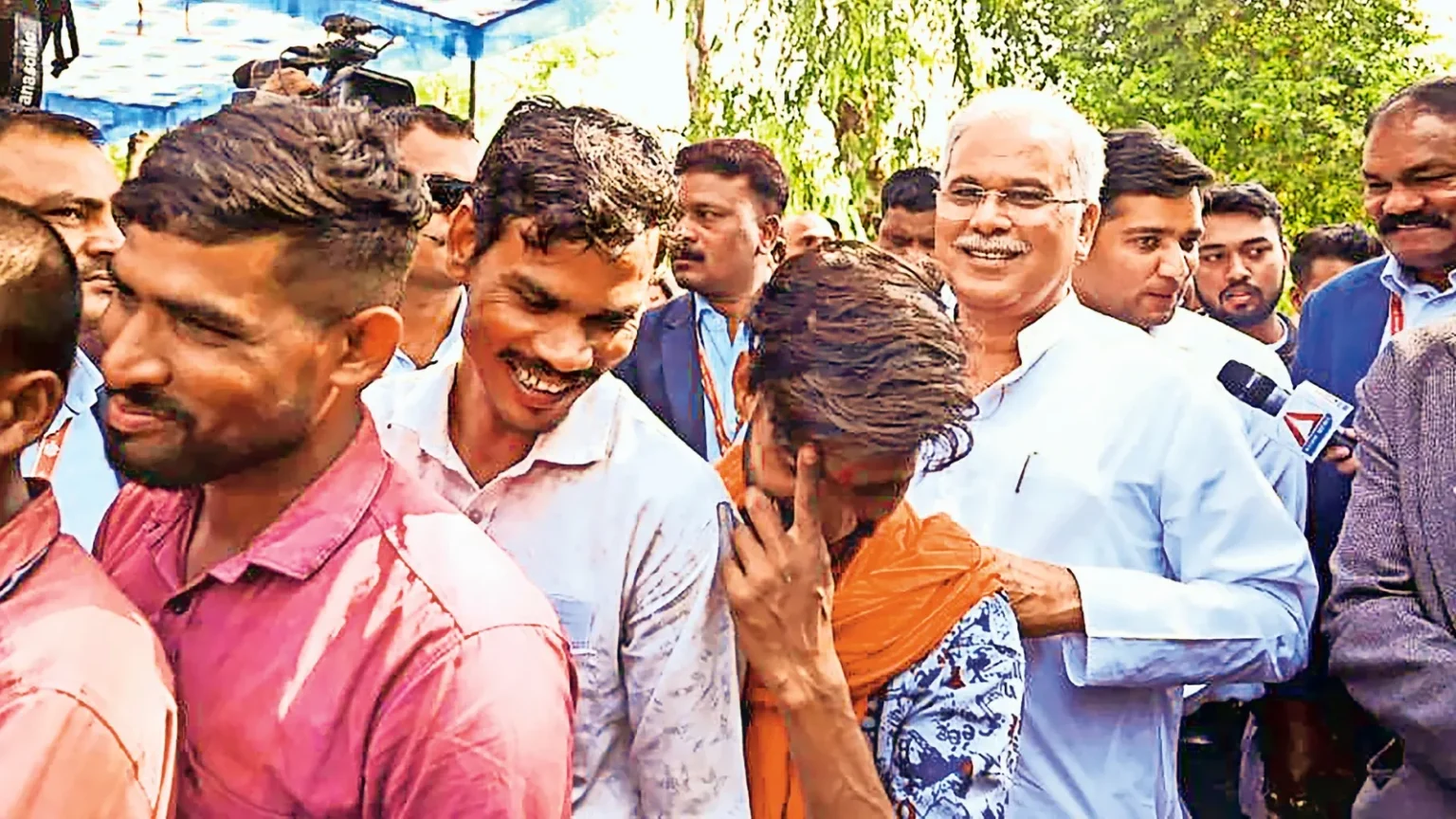In the heart of Chhattisgarh, the political battlegrounds of two key tribal Lok Sabha seats have seen a dramatic shift. Traditionally, these areas have been a stronghold for the Congress, but recent developments indicate a growing challenge from the Bahujan Samaj Party (BSP), the Communist Party of India (CPI), and various smaller regional parties. This changing dynamic is reshaping the political landscape and signaling a potential shift in power.
Historical Context
For decades, the Congress has maintained a firm grip on Chhattisgarh’s tribal belts, leveraging policies aimed at tribal welfare and strong grassroots connections. These efforts have translated into consistent electoral success. However, the socio-political landscape is evolving, with new players emerging and gaining traction among the electorate.
BSP’s Emergence
Under the leadership of Mayawati, the BSP has made significant inroads in Chhattisgarh. The party’s focus on Dalit and marginalized communities resonates deeply with the tribal population, who often face similar socio-economic challenges. The BSP has strategically formed alliances with local tribal leaders and emphasized social justice, which has begun to erode the Congress’s traditional support base.
Mayawati’s rallies in the tribal regions have drawn large crowds, and her promises of more inclusive development have struck a chord with many voters. The BSP’s growing influence is evident in recent state assembly elections, where the party performed notably well in tribal-dominated constituencies.
CPI’s Grassroots Mobilization
The CPI, with its long-standing presence in Chhattisgarh, has been a vocal advocate for tribal rights. The party’s focus on land rights, anti-displacement policies, and opposition to large-scale industrial projects aligns closely with the concerns of the tribal electorate. The CPI’s cadre-based approach and grassroots mobilization efforts have strengthened its position, making it a formidable contender in these regions.
CPI leaders have been actively involved in local movements, fighting against land acquisition for industrial projects and advocating for better implementation of the Forest Rights Act. This grassroots connection has bolstered the party’s credibility among tribal voters.
The Role of Smaller Parties
In addition to the BSP and CPI, several smaller parties and independent candidates have emerged as significant players. These parties often focus on hyper-local issues and community-specific concerns, which resonate well with the electorate. Their ability to connect with voters on a personal level and address immediate problems has garnered them substantial support.
Leaders of these smaller parties, often local figures with strong community ties, emphasize issues such as local infrastructure, education, and health services. Their hands-on approach to governance and direct engagement with voters have made them popular alternatives to the larger national parties.
Congress’s Strategic Response
Facing this mounting challenge, the Congress has been compelled to rethink its strategies. Efforts to revive its traditional support base include a renewed focus on tribal welfare schemes, better communication with grassroots organizations, and attempts to counter the narratives put forth by opposition parties. The Congress is also emphasizing its historical contributions to tribal welfare and promising new initiatives tailored to the needs of the tribal communities.
Congress leaders have been actively touring the tribal areas, holding public meetings, and engaging with local leaders to rebuild trust and support. The party is also highlighting its record on implementing tribal welfare programs and promising to address gaps in these initiatives.
Conclusion
The political dynamics in Chhattisgarh’s key tribal Lok Sabha seats reflect broader trends in Indian politics, where traditional party strongholds are increasingly being contested by emerging political forces. The rise of the BSP, CPI, and smaller parties in these regions underscores the evolving nature of the political landscape, where local issues and identity politics play a significant role in shaping electoral outcomes.
As the battle for these seats intensifies, the ultimate beneficiaries could be the tribal communities themselves, who now have a broader spectrum of political voices advocating for their rights and development. The upcoming elections will be a critical test for the Congress as it seeks to retain its influence in these crucial constituencies against a backdrop of increasing competition and changing voter preferences.
